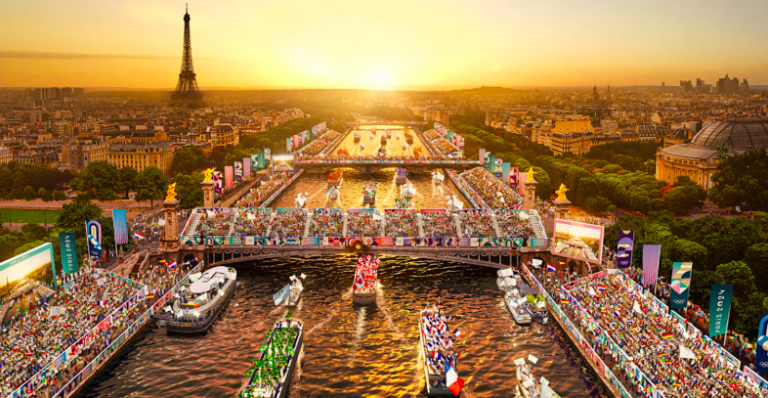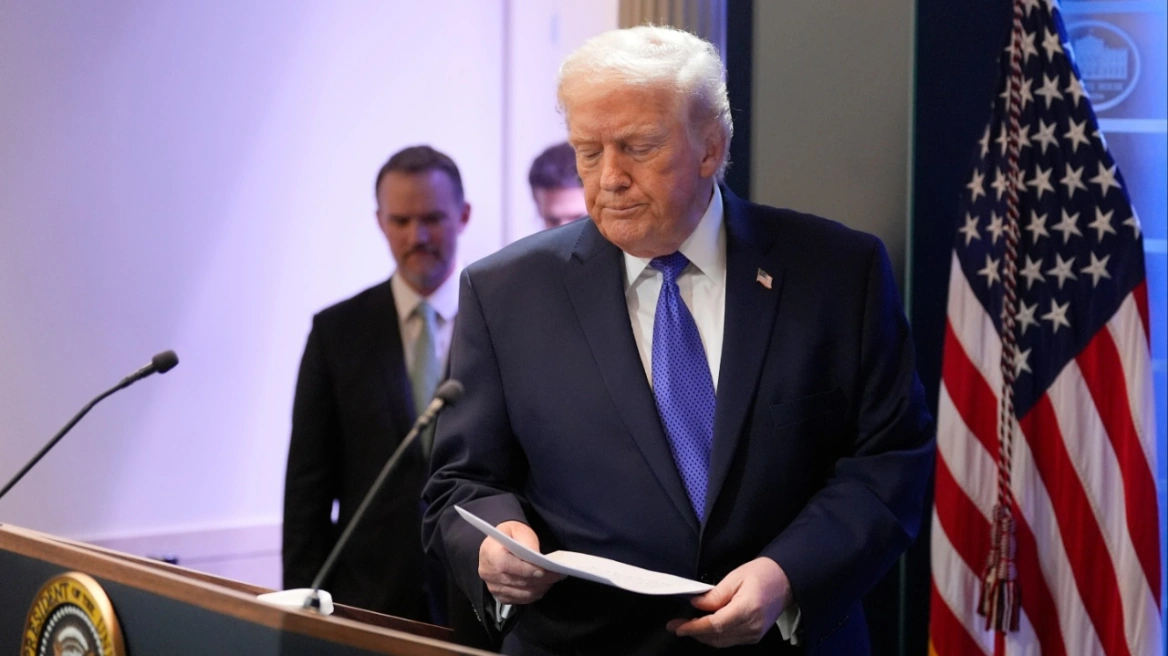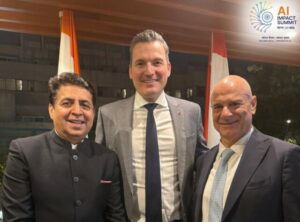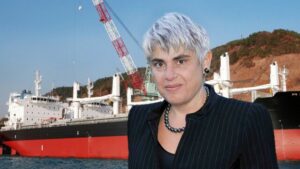The calendar read June 23, 1894, when in Paris, in a luxurious hall, following an invitation from Baron Pierre de Coubertin, 78 well-known enthusiasts of ancient Greece decided to revive the Olympic Games. Present were 58 Frenchmen, representing 24 sports organizations, and 20 others from Belgium, Great Britain, Ireland, Greece, Italy, Russia, Spain, Sweden, and the USA. No one could have imagined the development in the next 130 years, realizing the dream of de Coubertin and Dimitrios Vikelas, the first president of the International Olympic Committee, which was born that night.
This closed club, whose members are called “Immortals,” has exercised a rare captivating charm for decades over anyone involved in sports worldwide. A position with glamour, glory, privileges, and publicity in the foreground, and occasionally substantial benefits behind the scenes, conferring indisputable prestige on its holder. So much so that even famous royalty and magnates of wealth often crowd the IOC headquarters. However, the positions are strictly limited, at a maximum of 115. To secure one, substantial qualifications and top-notch connections are required. Over time, the influence of the “Immortals” multiplied. To the prestige and exposure from participating in a global elite, financial benefits were added as the Olympic Games took on the characteristics of an economic and business project within a globalized sports industry, along with strong influential political and diplomatic parameters. Strategic development plans are formed, and policies for tourism, transportation, and communications are adopted, while international giants clash to undertake construction projects in the host cities of the Games.
Mortal Weaknesses
“Immortals” in the title, but some with earthly and mortal weaknesses, did not suffice with the considerable material and intangible benefits of their participation in the IOC (the president’s annual compensation exceeds 250,000 euros) and became protagonists in bribery scandals. Sometimes lavish and sometimes of trivial, disproportionate value compared to the supreme stake of their dignity. From scholarships to the company of geishas and free vacations in expensive resorts to cash, some “Immortals” demonstrated the worst human vices. The IOC headquarters, located on the shores of Lake Geneva, exudes pervasive secrecy in its exceptionally beautiful halls.
Along with it, a form of “omertà.” No government, no international organization can touch the supreme authority of the Olympic Movement. It was considered a significant breakthrough that the IOC undertook a radical internal cleansing by expelling 11 “Immortals,” with the storm of accusations starting from bribery cases to vote for Salt Lake City’s hosting of the 2002 Winter Olympic Games, reaching up to Rio 2016. Many believe a new wind is blowing in Lausanne. The IOC member list is now regularly renewed, as age limits are strictly observed. The average age has been significantly reduced and enriched with a significant influx of people with primary athletic backgrounds. Thirty-three Olympians, with extensive administrative experience in national Olympic committees and federations. Role models for the younger generations, but also of unimpeachable morality. However, the presence of iconic personalities plays a crucial role, which, although surprising to some, mostly come from royal families and are very active in the Olympic Movement.
Their international radiance and broader acceptance make them pillars of the current IOC status, flanking President Thomas Bach and the vice presidents. Eight royals and the wife of a magnate, with a firepower of half a trillion dollars, actively engage in sports and intense social action.
Prince Albert of Monaco
In the informal hierarchy of the royals who adorn the list of “Immortals,” the 66-year-old Albert of Monaco is a leading figure. Head of the House of Grimaldi, a dynasty with a history bordering on myth. Son of Prince Rainier and Princess Grace Kelly, Albert ascended to the throne upon his father’s death on April 6, 2005. He had already fathered two illegitimate children, whom he later acknowledged. Jasmine, now 34, with Californian real estate agent Tamara Rotolo, and Alexandre, 20, with Nicole Coste, a former Air France flight attendant from Togo. A regular feature in society columns for his expensive tastes or his charitable works, as well as for his scandals and romantic relationships with models and actresses. An avid sports enthusiast, particularly winter sports.
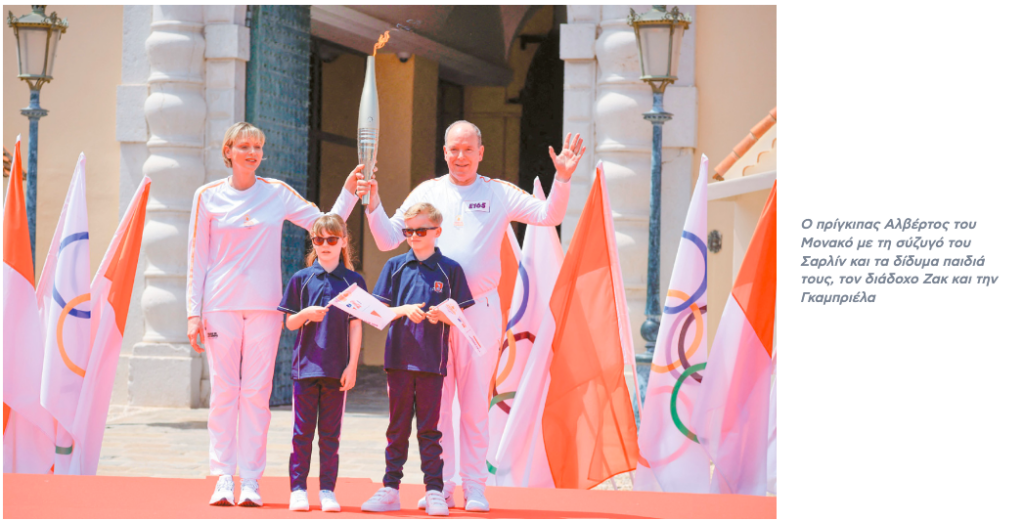
He has participated in 5 Winter Olympics in the bobsleigh event. His passion for sports was the reason he met his wife, South African swimmer Charlene Wittstock. They married in July 2011, and since then, their life seems to have passed through many different phases… In December 2014, the couple welcomed their twin children, the heir to the throne Jacques and Gabriella. Prince Albert possesses assets exceeding $1 billion. These include numerous properties in France and Monaco and shares in the Société des Bains de Mer de Monaco, which manages the Principality’s casino facilities and other entertainment businesses. He loves Greece and often visits for vacations, preferring Mykonos and Spetses. He also participates in significant events and forums, with the latest being the 9th International Conference on Oceans “Our Oceans,” held last April.
Princess Anne (United Kingdom)
The 74-year-old Princess Anne is a distinguished member of the British royal family. The second child of Queen Elizabeth II and Prince Philip, Duke of Edinburgh. At 21, she won her first title at the European Equestrian Championship. Over the next five years, she competed on the UK national team, winning numerous medals, and in 1976 she participated in the Montreal Olympics, the first royal family member to do so. She served as president of the International Equestrian Federation from 1986 to 1994, is an honorary president of the British Olympic Committee, and has been an IOC member since 1988, holding executive positions in various groups. Her personal life, was tumultuous. Her first relationship was with Andrew Parker Bowles, who later married Camilla Shand, the future second wife of her brother, King Charles. On November 14, 1973, she married Mark Phillips at Westminster Abbey, with 100 million viewers watching the ceremony. Phillips refused the title of Earl, so their children, Peter and Zara, do not hold noble titles.
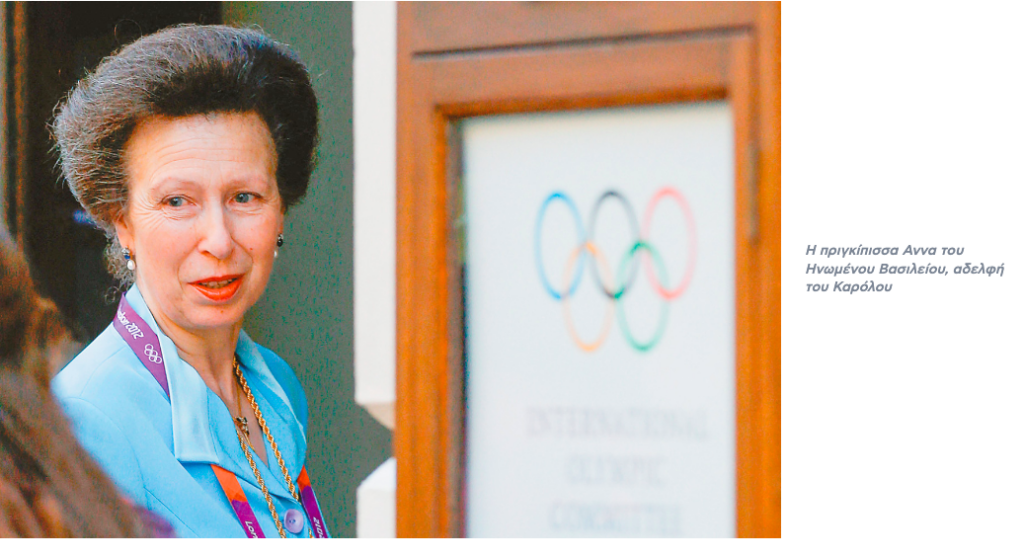
The couple officially divorced on April 23, 1992. Earlier, Anne had met Timothy Laurence, serving on the royal yacht “Britannia.” Their relationship developed in early 1989, with “The Sun” publishing their correspondence. They married when he had become an admiral in the Royal Navy, on December 12, 1992, in a private ceremony in Scotland, as the Church of England prohibited the remarriage of divorced persons if their former spouses were still alive. Laurence also declined noble titles, and the couple did not have children.
Sheikh Tamim bin Hamad Al Thani (Qatar)
One of the most familiar figures in our country, not as an “Immortal,” but as an investor, the 44-year-old Emir of Qatar became the youngest monarch in a Gulf country on June 25, 2013, after his father, Sheikh Hamad bin Khalifa Al Thani, handed over power due to his deteriorating health. He has… 23 siblings, most of whom are half-siblings. A graduate of the Royal Military Academy Sandhurst, married since 2005 to his second cousin Jawaher bint Suhaim Al Thani, with whom he has four children, two sons and two daughters. An IOC member since 2002, from just 22 years old. Al Thani often visits Greece to promote bilateral political, defense, and economic cooperation. The latest visit was at the end of last May, reciprocating a visit by Kyriakos Mitsotakis to Doha. The two sides signed a Military Cooperation Agreement.
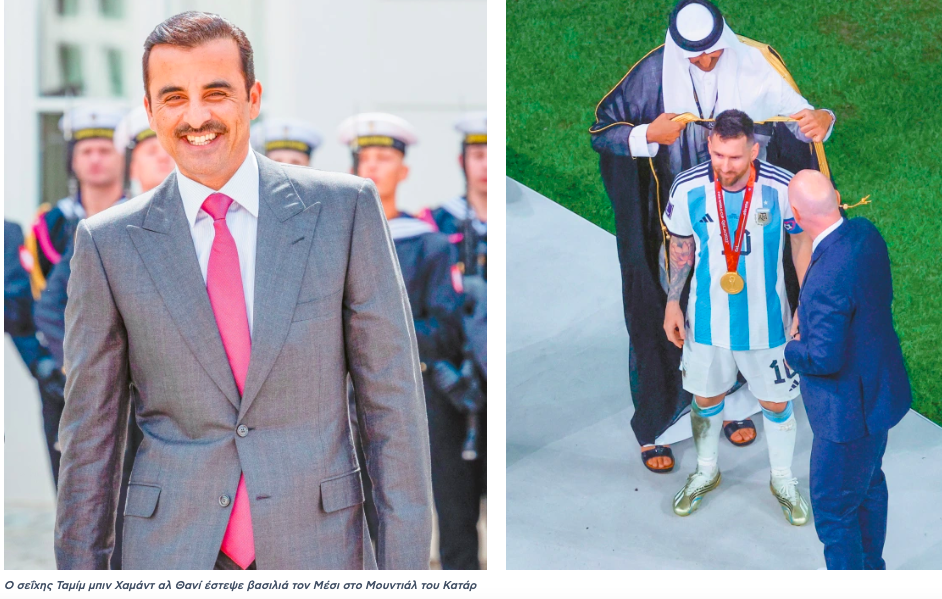
Princess Reema bint Bandar Al Saud (Saudi Arabia)
At the age of 49, she is the first female ambassador in Saudi Arabia’s history, a country with a strong negative record in human and social rights. Of course, she assumed this position as a member of the royal family. She is the great-granddaughter of Ibn Saud, the founder of modern Saudi Arabia. Her maternal grandfather was King Faisal, son of Ibn Saud. She was appointed to Washington – her father had served in the same post for 23 years – by King Salman bin Abdulaziz and presented her credentials on July 8, 2019, to then-President Donald Trump. She also holds the rank of minister. She has supported the empowerment of women and their rights in her country. Having lived many years in the USA, she possesses rich Western education, with a degree in Arts in Museum Studies from George Washington University. In 2016, she assumed the position of Vice President for Women’s Affairs at the General Sports Authority of Saudi Arabia. She focused on developing policies that benefited women and children across the country and succeeded in integrating Physical Education for girls in schools. She is a permanent representative of her country to UNESCO and an IOC member since 2020. She was included in the “100 Most Powerful Arabs” from 2018 to 2021 by Gulf Business.
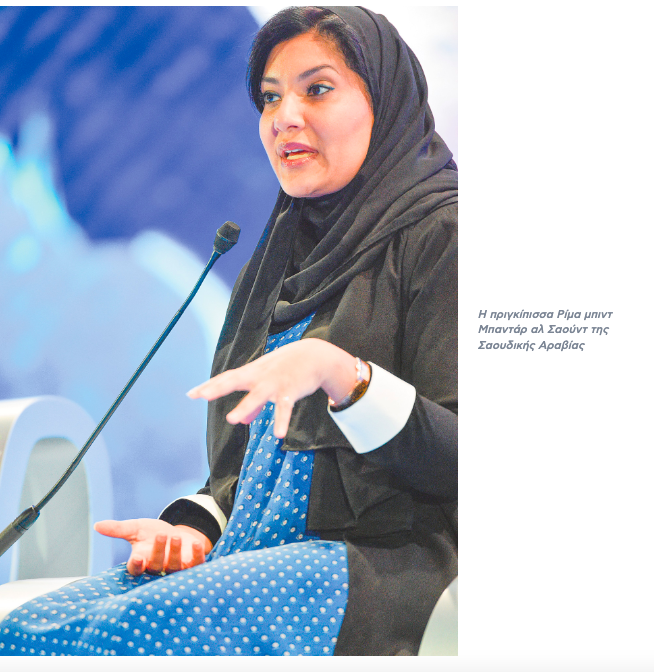
Prince Faisal bin Al Hussein (Jordan)
The 60-year-old Jordanian Prince Faisal bin Al Hussein is the son of King Hussein and Princess Muna and the younger brother of the current King Abdullah II. Born in Amman, he holds a degree in Electrical Engineering from Brown University in Washington and a master’s in Business Administration from London Business School. A fighter pilot, he served in the Royal Jordanian Army until December 2017 when he retired with the rank of lieutenant general.
He has been president of the Jordanian Olympic Committee since 2003 and president and founder of Generations For Peace since 2007, a non-profit organization for peacebuilding.
Princess Nora of Liechtenstein
74-year-old Princess Nora of Liechtenstein is the only daughter of Prince Franz Joseph II of Liechtenstein and the sister of the current Prince Hans-Adam II. In 1984, she married Don Vicente Sartorius de Vaca. Together, they had a daughter, Maria-Teresa, in 1992. Nora studied at the University and the Graduate Institute of International and Development Studies in Geneva. She has worked as a researcher at the World Bank in Washington and at the International Institute for Environment and Development, and she speaks four languages. Her athletic activities included diving, swimming, horseback riding, and skiing, though she did not achieve notable distinctions. She is currently the longest-serving regular member of the IOC, having joined in 1984, and she served as president of the Liechtenstein National Olympic Committee from 1982 to 1992.
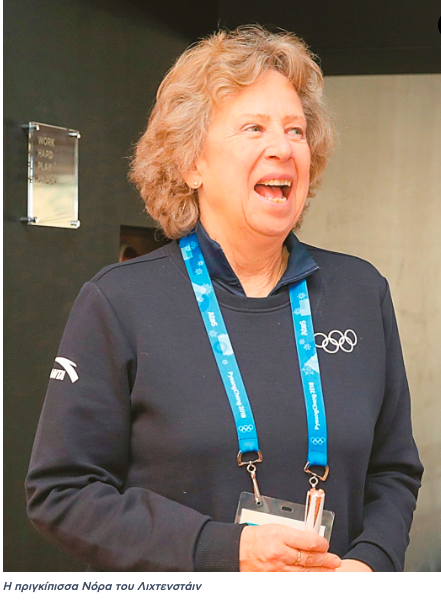
Henri, Grand Duke of Luxembourg
Henri, Grand Duke of Luxembourg, will attend the Paris Olympic Games as his last official event with his title. After 24 successful years on the throne, the 69-year-old Henri announced on July 9 that he would step down on October 8, passing his duties to his eldest son, Prince Guillaume. Henri holds a degree in Political Science from the University of Geneva, a Ph.D. in Economics from Khon Kaen University in Thailand, and honorary doctorates in Humanities, Political Science, and Law from seven universities in the US and Germany. He is the president of the Luxembourg National Olympic Committee and has been an IOC member since 1998, a role he plans to engage with more actively going forward.
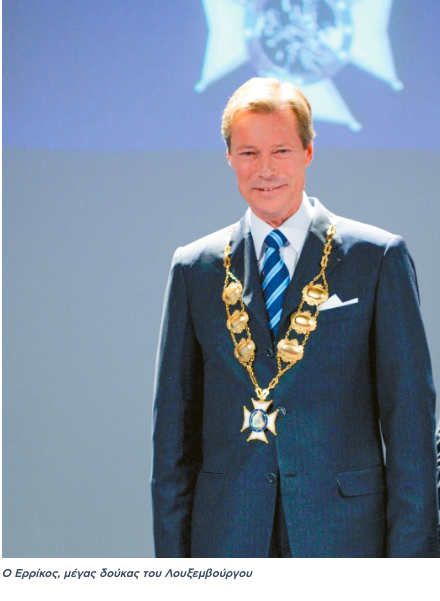
Prince Jigyel Ugyen Wangchuck of Bhutan
One of the younger “Immortals,” the 40-year-old second son of Bhutan’s King Jigme Singye Wangchuck. He studied at Woollingford University in Connecticut, USA, and Modern History and Political Science at St. Peter’s College, Oxford. Sharing responsibilities with his siblings, he often represents the king at various obligations both within and outside Bhutan. He is the president of the country’s Olympic Committee and has been an IOC member since 2018. Along with his sister, Princess Ashi Sonam Dechen, he collaborates with the Tarayana Foundation, founded by their queen mother, focusing on poverty reduction initiatives in Bhutan.
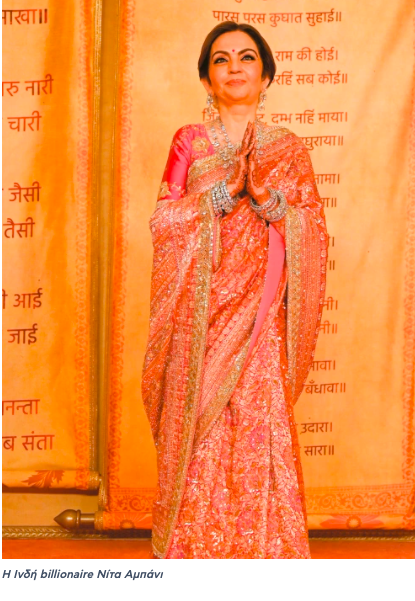
Indian Billionaire Nita Ambani
Nita Ambani is in a league of her own as the wife of the richest Asian on the planet. Her family, with a fortune of $122 billion according to Forbes, includes Mukesh Ambani, who ranks 11th among billionaires, behind nine Americans and one Frenchman, and is already threatening some of them with eviction from the top ten. She gained worldwide recognition recently due to the legendary wedding of the youngest son of the family, Anant Ambani, which caused a global stir due to the incredible luxury accompanying the pre-wedding events. Nita Ambani is the founder and president of the Reliance Foundation and the Dhirubhai Ambani International School. Her husband is the chairman and CEO of Reliance Industries Limited (RIL), a company in which she is also actively involved. RIL operates in energy (oil, natural gas, renewables), owning refineries, telecommunications with a company having 470 million subscribers, retail, and financial services. She is an art collector and owner of the Indian Premier League cricket team, Mumbai Indians. She has a rich philanthropic and social work in a country with terrifying growth rates, but also unprecedented poverty. She led the “Education and Sports for All” (ESA) initiative, reaching over 100,000 underprivileged children, and joined the IOC in 2016.
The 33 Legendary Olympians
Thirty-three Olympians, many of whom are legendary names and symbols of global sports, now grace the ranks of the IOC. The Committee’s clear effort is to present a different face to the world. By contributing their moral integrity and broader social influence, the Olympic family aims to fully shed the unpleasant shadows of the past.
Legendary names like the Ukrainian pole vaulting super-athlete Sergey Bubka, who managed to win the Olympic gold medal in Seoul in 1988 under the Soviet Union flag. Or the British double Olympic gold medalist in Moscow (1980) and Los Angeles (1984) in the 1,500 meters, now Lord Sebastian Coe, and the Russian Yelena Isinbayeva, Olympic gold medalist in pole vaulting in Athens and Beijing (2008) and world record holder.

The current president of the IOC, the German Thomas Bach, was also an Olympic champion in Montreal (1976) in team foil fencing. This sets an example for Greece, which has Olympians with enormous influence (Pyrros Dimas, Nikos Kaklamanakis, Voula Patoulidou, etc.), while also producing new ones.
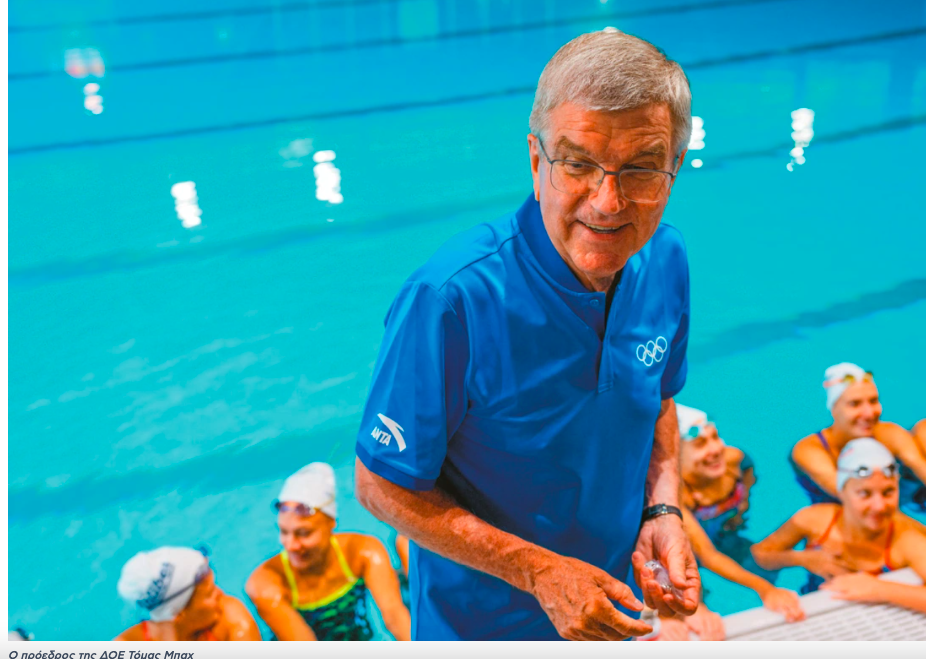
In the 142nd IOC Session in Paris on Tuesday, eight new members will be elected (four men and four women). They include the independents – not required to be members of National Olympic Committees – Aya Medani (Egypt), Sarah Walker (New Zealand), Paula Belén Pareto (Argentina), and Sir Hugh Robertson (Britain). Three candidates have been proposed while serving as presidents of National Olympic Committees: Damaris Young from Panama, Gene Sykes from the USA, and Australian Ian Chesterman. Also, Johan Elias, president of the International Ski and Snowboard Federation.
The Olympic Games have not returned to their birthplace, and the proposal by Konstantinos Karamanlis in 1976 has stalled, though the idea resurfaces from time to time. However, a widespread belief among the “Immortals” is that what can certainly return is the periodic (every eight or twelve years, or exceptionally if necessary) election of the IOC president in Ancient Olympia. This idea is strongly supported and promoted by the president of the Hellenic Olympic Committee and IOC member Spyros Capralos.
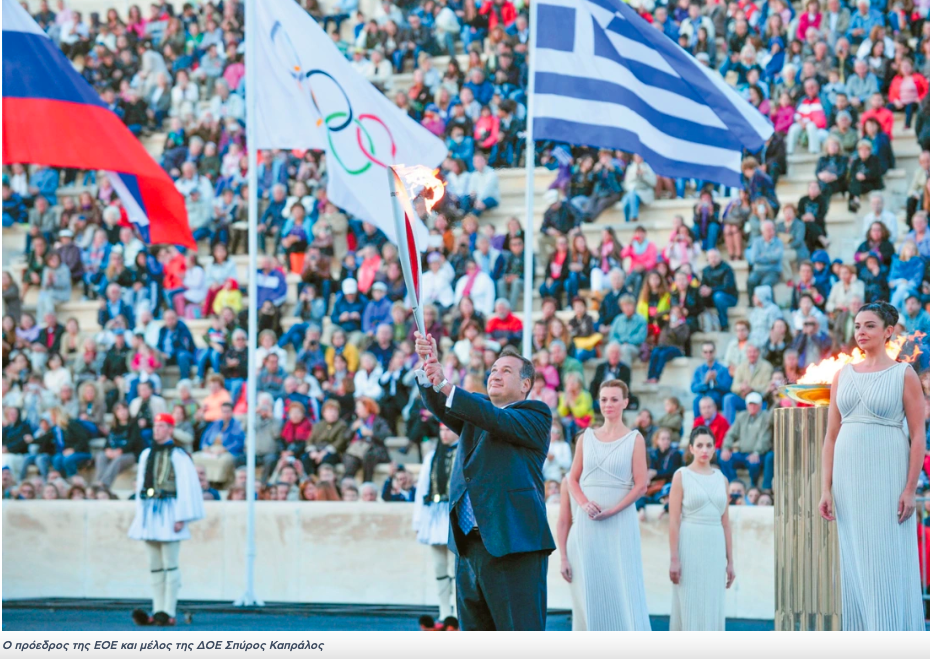
In any case, the next 143rd IOC Session, which will elect the new president, will be held in Greece in March 2025. Thomas Bach’s term is ending. The favorites to succeed him are the British Lord Sebastian Coe, a former Olympic gold medalist in the 1,500 meters (1980, 1984), and Juan Antonio Samaranch Salisachs, son of the former IOC president under whose tenure the 1997 Games were awarded to Greece. Other IOC members have also shown interest. These include Vice President Nicole Hebertz from Aruba, Chilean Neven Ilic, Croatian Kolinda Grabar-Kitarovic, Zimbabwean Kirsty Coventry, and Ukrainian Sergey Bubka. However, there is also the scenario of a new term for Bach. The necessary condition is the amendment of the Olympic Charter, a possibility with many chances, as many “Immortals” already proposed the change at the Mumbai IOC Session for this very reason.
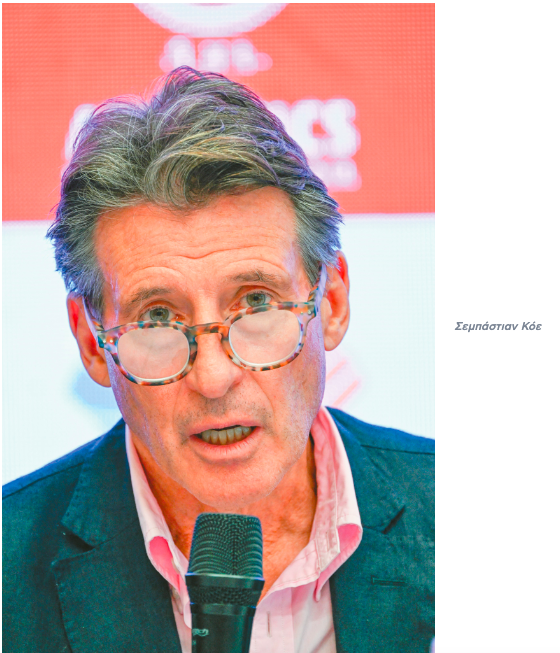
Ask me anything
Explore related questions
